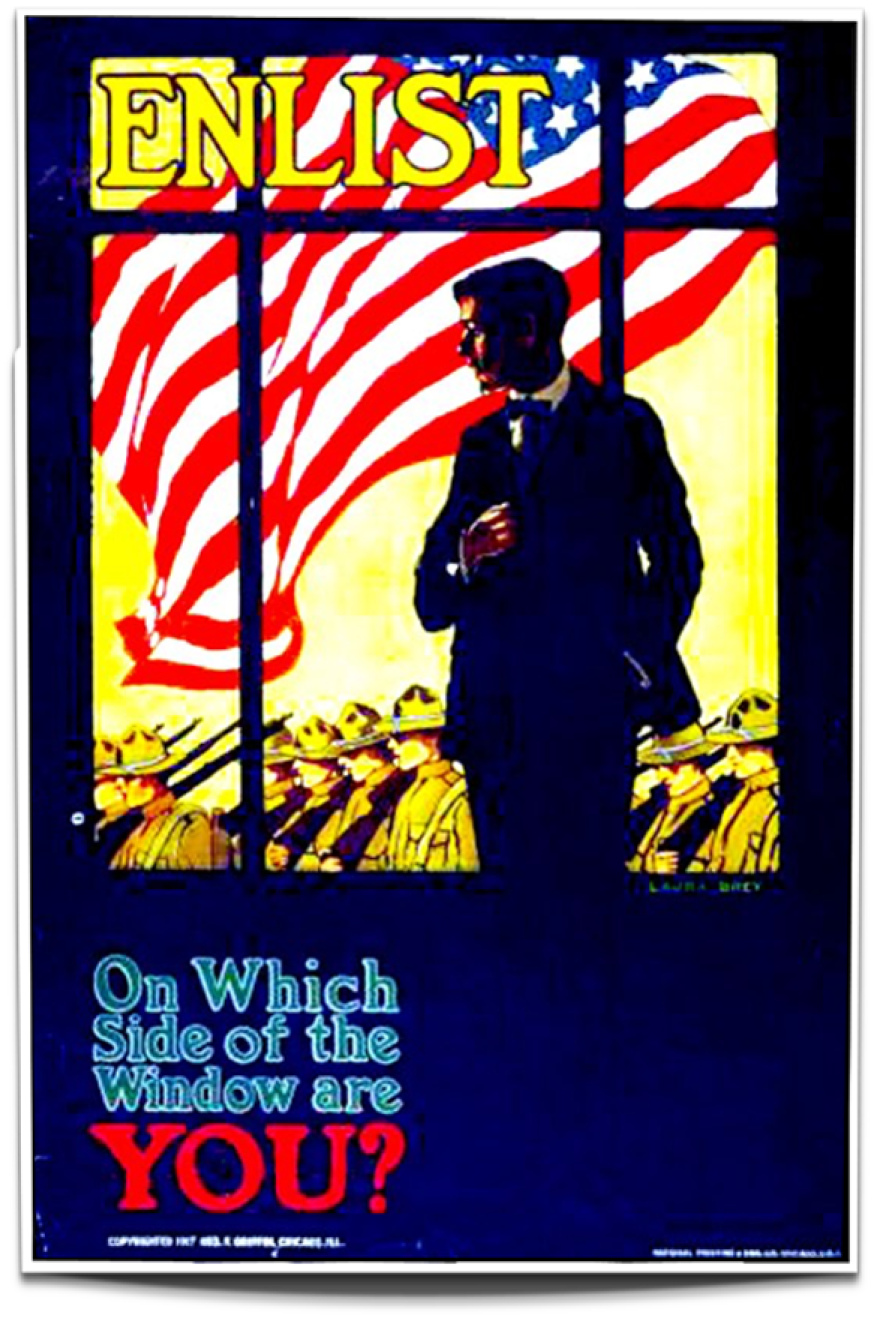I’m Jonathan Baker, a writer in Canyon, Texas, and I’m the discussion leader for this month’s Radio Readers Book Club read: A Son at the Front by Edith Wharton. The novel concerns an upper-crust American portrait painter in Paris during World War I, who unexpectedly finds his son drafted and sent to the front.
As you might expect, this is not a happy novel. Yet, it is a quiet and contemplative one. Wharton wrote in a realistic style that has largely been lost in American literature, with an intense focus on observations and manners, and on the smallest mechanisms of thought and gesture. In this way, Wharton is like her friend Henry James, though she avoids the endlessly labyrinthine deep-dives into consciousness that can be found in James’s late novels.
Even so, Wharton’s intimate knowledge of the bourgeois classes makes this an unexpected sort of war novel. This is not a tale of weapons and bloodshed, but rather a portrayal of the innermost battles fought within the consciousness of a father whose child has gone to war. This is the quietest war novel you’ll ever read, and it’s striking for just this reason. This is also a story of powerless humans struggling against the tide of forces larger than them. At one point in Chapter 17, the protagonist John Campton muses that, “the average person is always just obeying impulses stored up thousands of years ago and never re-examined since.”
This observation makes A Son At The Front something of a tale of horror. Campton is forced to watch his son request a transfer to the conflict’s bloody front, an act of possible suicide, despite his son’s sensitive and intelligent nature. George is operating under ancient bellicose impulses that are at odds with his upbringing among the gentility. And, in some sense, Campton himself is fighting these same battles, though in a different way. Campton has left America to return to the Old World, where he makes a healthy living painting portraits of aristocrats, members of an effete nobility that he is not quite a part of—and doesn’t want to be. To rebel, he spends a good deal of time alone and finds his only true pleasure in painting intricate renderings of his son George.
Campton’s rejection of polite society—his outsider status—comes to haunt him when he must turn to these same aristocrats to try to keep George away from the war’s bloodiest trenches. He is, of course, unsuccessful, as the novel’s title reveals. But it’s interesting to think that Campton’s rejection of America, and his subsequent rejection of European society, are echoed in his own son’s rejection of safety in favor of almost certain death. Perhaps here, too, young George is “obeying stored up impulses,” though these desires are not thousands of years old but rather handed down directly from the boy’s own father.
It’s in those paintings of his son, which Campton uses to escape the quotidian world, that Edith Wharton reveals her own patient and intimate observations of the human condition. At one point, as Campton paints a portrait, he finds himself “instantly transported into the lost world which was the only real one.” In this sense, his paintings are like an escape from a terrible dream—a dream called reality. And Campton’s paintings of George become the most interesting because he is depicting the closest person to himself in this dream world. When he paints his son, his son somehow becomes real.
Late in the novel, then, we find the most heartbreaking scene of all. Campton is painting a portrait of his son when he is interrupted. Once he throws the interrupter out of his studio, he returns to his easel, but he can no longer gain access to the truth of the image. He has lost the George he once knew so well. “The spell was broken,” Campton laments. “The old George was no longer there. The war had sucked him back into its awful whirlpool—once more he was that dark enigma, a son at the front.”
I hope you’ll join me in reading A Son At The Front, a novel of World War I. I’m Jonathan Baker.







